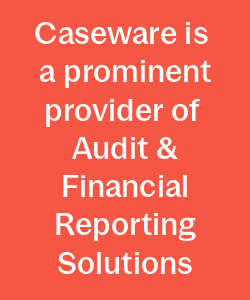A typical discussion amongst guys during a regular hangout, most especially after a few drinks is on the financial status of successful Nigerians. After a lot of raised voices, the discussion attempts to find resolution by speculating on the amount of cash in the said individual’s bank accounts, the value of the individual’s assets and the amount of cash the individual owes the banks (assuming the former CBN governor has been so kind to expose the individual’s precarious loan book with the banks)
At this point of the conversation, the argument dissolves due to lack of information to further buttress their point. The stubborn ones in the group remain steadfast about their position which is supposedly based on the privileged hearsay of financial activities – as you know, this is Lagos; everybody knows somebody that knows somebody that knows somebody.
Ultimately, to win such arguments, there is a need to pull together sufficient information to determine the true financial status of the individual. While we tend to worry about the wealth of others we know nothing about, we fail to track our own net worth which should act as a base for what we plan to build in the future. And no, it’s not just by looking in the cash you have in the bank account!
If you are wondering how to calculate your net worth, today is your lucky day. To get a good indication of your financial condition you will need know how to prepare two simple financial statements. The first statement tells you exactly what you are worth today and is subject to change on a daily basis. The second statements tells you whether your net worth based on your current activities is going upwards or downwards.
PREPARE A BALANCE SHEET
A balance sheet shows you the difference between what you own (your assets) and what you owe (your liabilities) which sums up to your net worth.
To get started, you will need to list all assets and liabilities:
Examples of assets: Cash, investments, house
Examples of liabilities: all types of loans – car loan, house loan, payday loan
After calculation your net worth and you have a negative status it simply means you owe more than you own. There are simply two ways to increase your net worth: increase your assets or decrease your liabilities.
PREPARE A CASHFLOW STATEMENT
In order for you to understand whether your net worth is likely to increase or decrease, you need to identify your cash inflows and outflows to help you calculate the net cash flow. Cash inflows generally include your income: salaries, interest earned on investments or savings, dividends while outflows include: utilities, food supplies, rent, transport fare.
To determine your net cash flow you simply subtract your outflows from your inflows. A positive cash flow indicates that you have earned more than you have spent giving you some excess money that you can use to buy investments like mutual funds, houses or even reduce some of your liabilities. This is typically a good indication that your net worth is increasing with time. On the other hand, assuming the value of your assets do not appreciate, a negative cash flow which indicates that you have spent more than you have earned will lead to decreasing net worth . In this scenario, you will have to re-evaluate your spending pattern.
To put it briefly, to know your financial condition, you will need to be aware of your net worth and spending pattern and knowing how to prepare both financial statements will guide you in improving your financial status.
Article was submitted by Eyitope Owolabi



















